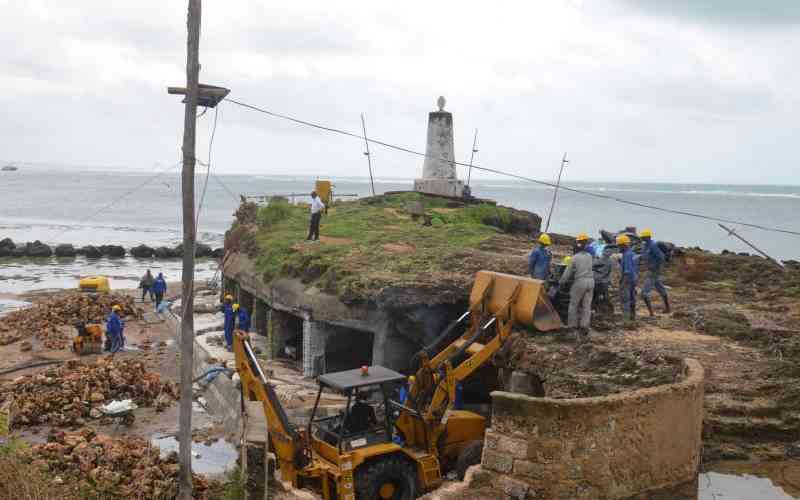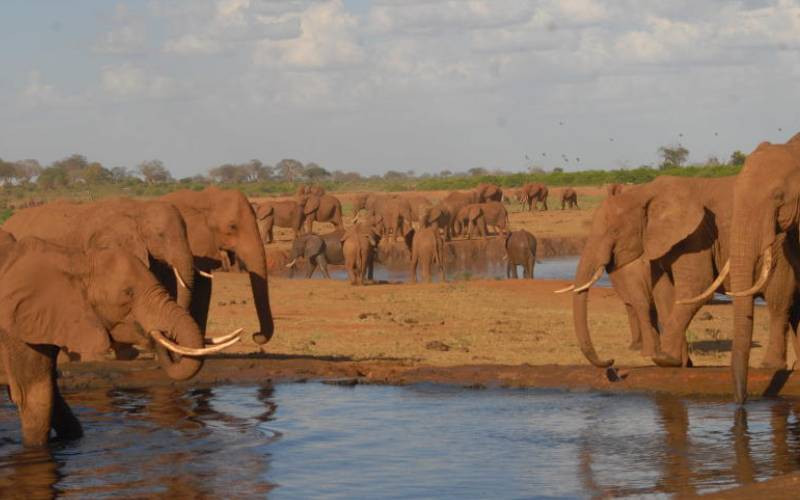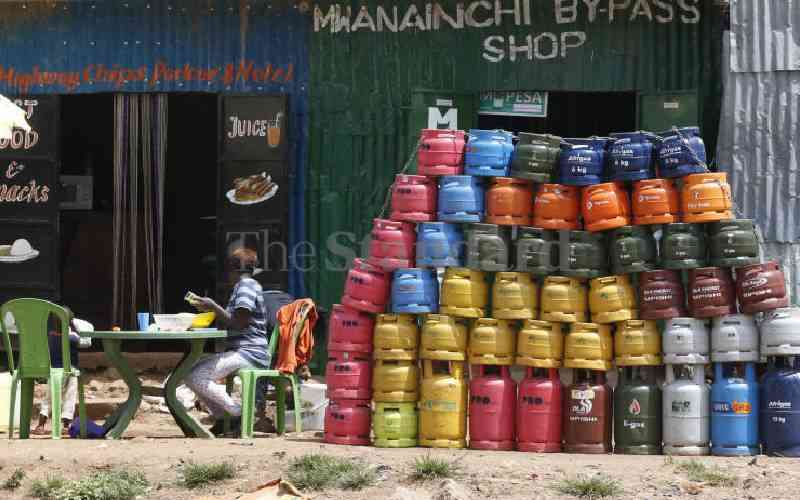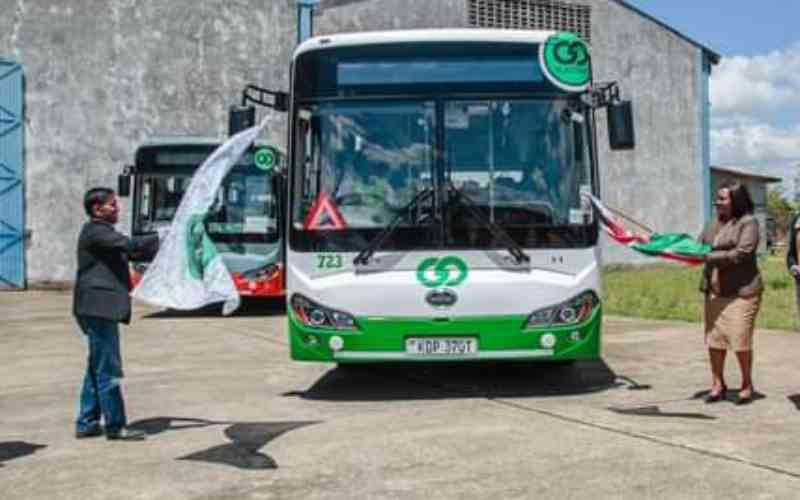By Moses Michira
Puma Energy has pulled out of the Sh25 billion planned acquisition of Kenya’s largest oil marketer, KenolKobil – a company associated with former Cabinet minister Nicholas Biwott.
The flop is a big win for hundreds of KenolKobil’s employees who had raised concerns about the security of their jobs after the planned take-over of firm’s operations by the Switzerland-based multinational.
Thousands of retails investors in KenolKobil will also miss out on an opportunity to sell their shares to Puma at a premium price in the deal, that would have ultimately seen the shares of the petrol station chain delisted from the securities exchange.
A highly-placed manager at KenolKobil has revealed that Puma has lost interest in the deal following a series of hold-ups, among them, the unsettled KenolKobil debts in the country’s biggest take-over deal.
The move dashes hopes of local majority shareholders, who had hoped they would exit and realise hefty profits.
The buy-out deal, which researchers have estimated to be worth over Sh25 billion, was expected to culminate in the de-listing of KenolKobil shares from the Nairobi Securities Exchange, with minority investors being forced to sell their shares to Puma.
Read the trend
“Puma seems to have lost interest in the takeover bid and it’s easy to read this trend from the senior management,” said our source who requested anonymity.
“Indication from the top management is that the takeover deal is no more.”
KenolKobil is, however, yet to announce whether the deal had flopped, even after the expiry of the deadline by which Puma Energy was expected to have completed its due diligence on the local oil marketer.
Its General Manager, David Ohana, could not confirm whether the planned buyout by the Swiss-based multinational was still on, and instead referred our queries to the transaction advisor, Kestrel Capital.
Victoria Dix, the communications manager at Puma Energy also declined to give an indication on whether her company had stopped pursuing the buyout, even after promising to do so in an earlier communication.
“We don’t have a comment for you at this time,” said Ms Dix in an e-mailed response.
Our source, however, explained that Puma had developed cold feet on the deal because fresh hurdles that have emerged, such as the arrears of unsettled debts by the Kenya Pipeline Company, would have long-term implications on its growth and profitability.
KPC is demanding Sh2 billion from KenolKobil, arising from services rendered in transporting and storage of the firm’s oil products between June 2009 and September 2010, though the oil marketer has contested the demand.
Settle arrears
The State-owned petroleum transporter is also demanding that the arrears should be settled at an annual interest rate of 14 per cent, from the time they incurred.
Puma had announced that it would complete the due diligence on the oil marketer by the end of September, as it pursued the much publicised buyout deal, which had stoked investor interest on the counter.
The collapse of the deal will have major implications on the shareholders of the listed company, who had bet on the buyout to exit and reap windfall gains from the sale.
In October, the Swiss firm had also been stopped from further negotiations on the buyout after employees of the oil marketer moved to court to have the deal halted, citing that the sale negotiations had not considered their interests.
 The Standard Group Plc is a multi-media organization with investments in media
platforms spanning newspaper print operations, television, radio broadcasting,
digital and online services. The Standard Group is recognized as a leading
multi-media house in Kenya with a key influence in matters of national and
international interest.
The Standard Group Plc is a multi-media organization with investments in media
platforms spanning newspaper print operations, television, radio broadcasting,
digital and online services. The Standard Group is recognized as a leading
multi-media house in Kenya with a key influence in matters of national and
international interest.
 The Standard Group Plc is a multi-media organization with investments in media
platforms spanning newspaper print operations, television, radio broadcasting,
digital and online services. The Standard Group is recognized as a leading
multi-media house in Kenya with a key influence in matters of national and
international interest.
The Standard Group Plc is a multi-media organization with investments in media
platforms spanning newspaper print operations, television, radio broadcasting,
digital and online services. The Standard Group is recognized as a leading
multi-media house in Kenya with a key influence in matters of national and
international interest.









